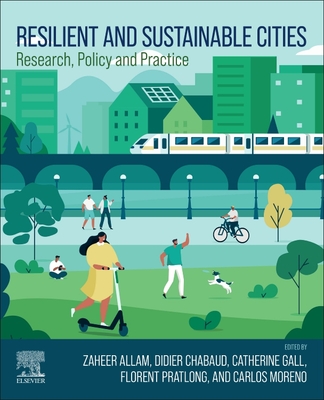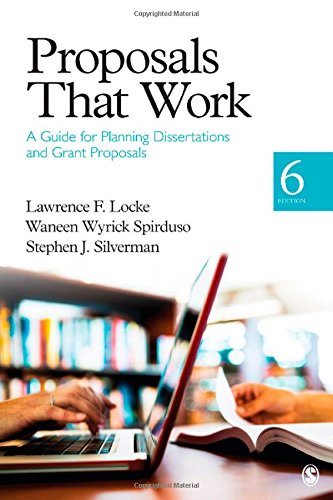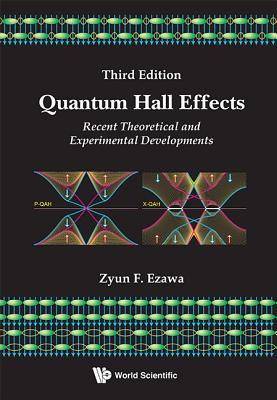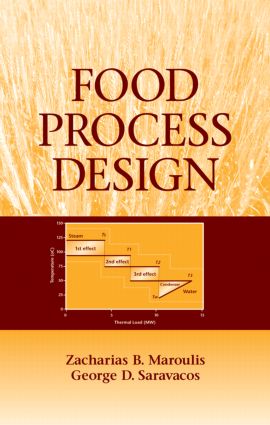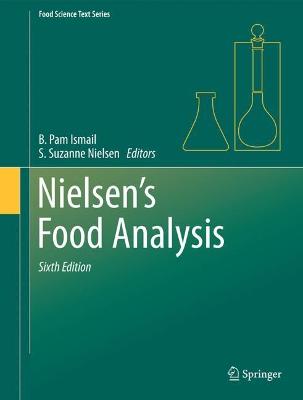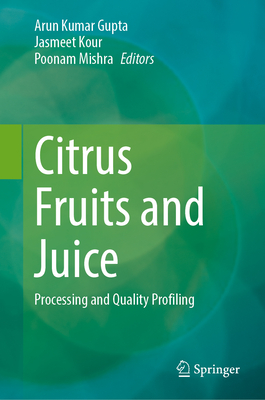图书简介
The role of Cities in driving global economies has been well covered, and their impact on the larger ecosystem is well documented. Resilient and Sustainable Cities: Research, Policy and Practice explores how cities can be transformed into sustainable fabrics, while leading to positive socio-economic change. The topics include urban policy and covers the challenges cities experienced during the pandemic and resulting urban responses from federal, state, and local levels. This includes a transdisciplinary perspective dwelling on the city narrative, including Resources, Economics, Politics, and others. Resilient and Sustainable Cities serves as a valuable resource for leaders and practitioners working in Urban Policy and academia, as well as students in urban planning, architecture, and policy undergraduate and graduate level programs.
Section 1: The ’15-minute city’ concept: Sustainability, Resilience and Inclusivity 1. Coworking and the 15-Minute City 2. Improving Design Density via the 15-Minute City concept: Case Study of London 3. The Theoretical grid. An antifragile strategy for Rome post-covid mobility 4. Measuring the 15-minute city in Barcelona. A geospatial three-method comparison 5. The review of the paris local urban plan : an opportunity to cross the 15-minute city concept and the desire of nature in Paris 6. Exploring the relationship of time keeping and urban morphology within the economic renaissance and the post-modern era 7. Enter the 15-Minute City: Revisiting the Smart City Concept under a proximity based planning lens 8. On Proximity based dimensions and Urban Planning: Historical precepts to the 15-Minute City 9. Financing the 15-Minute City Concept and its infrastructural ecosystem in developing nations through fiscal mechanisms 10. Redefining investable infrastructure in developing nations in a post pandemic era: The case of the 15-Minute City Section 2: Cities, Technology and Sustainability 11. Smarter Cities, Smarter Planning: An exploration into the pole of planners within the Smart City movement 12. A smart territory, the key to resilient territory 13. Re-assessing urban sustainability in the digital age: a new SWOT methodology for cities 14. Charrette! Toward planning and designing sustainable and resilient cities: case studies in Australia and Netherlands 15. Developing a Composite Indicator for Evaluating Urban Sustainability 16. Scrutinizing sustainable mobility strategies in integrated urban development: Perspectives from Copenhagen and Curitiba 17. Cycling Uphill: Assessing e-bikes as a modal shift alternative to individual motorized transport in the Aburra Valley Metropolitan Area, Colombia Section 3: Culture, Liveability and Identity 18. "For a close and livable public space: Four proposals in Barcelona" 19. Will Future Smart Cities be liveable? 20. Third-places as catalysts of resilience 21. Health Impact Assessments: A pathway to Healthy and Sustainable Cities in the Global South Section 4: Climate Change and Resilient Cities 22. The influence of climate change on the design strategies of the built environment: The heterogeneous climate of Italy analyzed in future scenarios 23. The next level up is down: Exploring the subsurface for our common future 24. A collective of resilient organisations together to build a resilient city: issues and perspectives 25. City Wild: How Making Space for Nature Might Help Achieve the Sustainable and Resilient City 26. Predictive Modelling for Reforestation of Cities to Mitigate Climate Change Impacts 27. Neighborhoods scale resilience facing heat wave events. Metropolitan Area of Mendoza Argentina as a case study 28. A GIS-based tool for planning resilient climate cities 29. Citizens and local administration in Climate Change Mitigation: Urban strategies and local actions to apply to neighbourhoods 30. Re-Envisaging Cities: Biophilic and First Nations Strategies from Australia 31. Building urban resilience through infrastructure exaptation Section 5: Urban Management and Sustainable Resource Optimisation 32. Management of City Vulnerability to Bushfire Risk Using Advanced GIS-based Spatial Tools 33. Adaptive reuse of abandoned urban assets for cultural and social innovative development 34. Sustainability in public administration: governance and accountability in French metropolitan area 35. Sustainable development in hydro-drought regions by improving hydro-indicators
Trade Policy 买家须知
- 关于产品:
- ● 正版保障:本网站隶属于中国国际图书贸易集团公司,确保所有图书都是100%正版。
- ● 环保纸张:进口图书大多使用的都是环保轻型张,颜色偏黄,重量比较轻。
- ● 毛边版:即书翻页的地方,故意做成了参差不齐的样子,一般为精装版,更具收藏价值。
关于退换货:- 由于预订产品的特殊性,采购订单正式发订后,买方不得无故取消全部或部分产品的订购。
- 由于进口图书的特殊性,发生以下情况的,请直接拒收货物,由快递返回:
- ● 外包装破损/发错货/少发货/图书外观破损/图书配件不全(例如:光盘等)
并请在工作日通过电话400-008-1110联系我们。
- 签收后,如发生以下情况,请在签收后的5个工作日内联系客服办理退换货:
- ● 缺页/错页/错印/脱线
关于发货时间:- 一般情况下:
- ●【现货】 下单后48小时内由北京(库房)发出快递。
- ●【预订】【预售】下单后国外发货,到货时间预计5-8周左右,店铺默认中通快递,如需顺丰快递邮费到付。
- ● 需要开具发票的客户,发货时间可能在上述基础上再延后1-2个工作日(紧急发票需求,请联系010-68433105/3213);
- ● 如遇其他特殊原因,对发货时间有影响的,我们会第一时间在网站公告,敬请留意。
关于到货时间:- 由于进口图书入境入库后,都是委托第三方快递发货,所以我们只能保证在规定时间内发出,但无法为您保证确切的到货时间。
- ● 主要城市一般2-4天
- ● 偏远地区一般4-7天
关于接听咨询电话的时间:- 010-68433105/3213正常接听咨询电话的时间为:周一至周五上午8:30~下午5:00,周六、日及法定节假日休息,将无法接听来电,敬请谅解。
- 其它时间您也可以通过邮件联系我们:customer@readgo.cn,工作日会优先处理。
关于快递:- ● 已付款订单:主要由中通、宅急送负责派送,订单进度查询请拨打010-68433105/3213。
本书暂无推荐
本书暂无推荐
